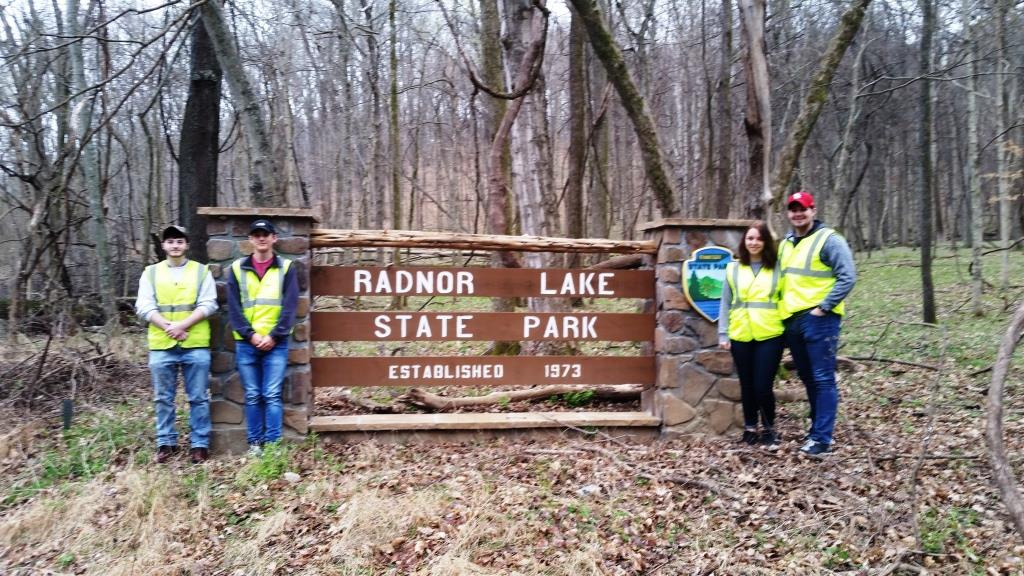
Research
Environmental Research at Radnor Lake
Environmental Research is a key component of the work at Radnor Lake State Natural Area. Many groups take advantage of the area to better understand the impacts of wildlife and humans on the environment. Visit the links below for detailed information about partnerships and ongoing research.
Note: All research conducted at Radnor Lake State Natural Area requires permission from park management and a permit through the Division of Natural Areas.
Learn More
Research and Academic Partnerships
-
Water Quality Study
The Radnor Lake ranger staff and the Friends of Radnor Lake established the Radnor Lake Watershed Initiative in the fall of 2005. This water-quality study serves the purpose of collecting long-term biological data to more effectively research and protect Radnor Lake. There are 12 water-sampling sites. The data collected from these sites helps the Radnor Lake ranger staff monitor the overall health of the lake and the water that drains into Otter Creek.
-
Ecological Research
The Research Collaborative provides a scientific basis for the ecological management of Radnor Lake State Natural Area. The context of the Research Collaborative is long-term ecological research that informs adaptive management of Radnor Lake State Natural Area. Individual projects are focused on particular environmental concerns and land management challenges such as white-tailed deer browsing, beaver cutting of trees, invasive plant species, landslides, rare plant species, and sensitive forest communities.
-
Geography Research Partnership
Through a sustaining partnership with Dr. Doug Heffington of Henderson State University, Radnor Lake State Natural Area has been the research site of week-long geography field studies. This research focuses on identification and documentation of historic features on our undeveloped property. Recent visits have been spent working with park staff on preserving features on the Harris Ridge, assisting with preliminary design of the Harris Ridge Trail, and providing recommendations regarding the protection and interpretation of this landscape for our park visitors.



